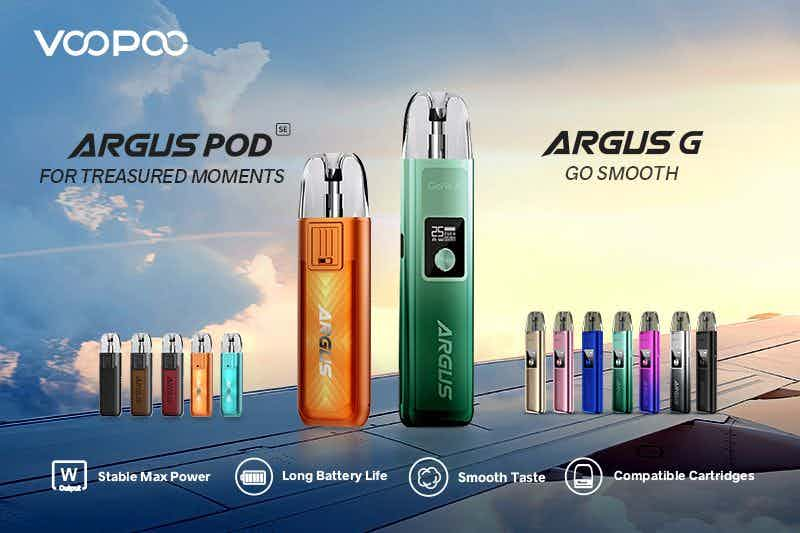Understanding Vape Coil Materials
Vaping has become a popular alternative to traditional smoking, with a wide array of products available to enhance the experience. One of the critical components of a vape setup is the coil, which directly affects flavor production. The material used in coils plays a significant role in the heat generation, longevity, and overall taste of the vapor produced.
Common Coil Materials
There are several common materials used in vape coils, each offering unique characteristics that influence flavor output:

1. Kanthal: This is the most widely used coil material due to its affordability and ease of use. Kanthal has a stable resistance and can handle high temperatures, making it suitable for both beginners and advanced vapers. However, it tends to have a slightly muted flavor compared to other materials.
2. Stainless Steel: Known for its versatility, stainless steel coils can be used in both wattage and temperature control modes. They provide a cleaner taste and better flavor clarity than Kanthal, thanks to their resistance to oxidation. Stainless steel coils are also compatible with dry herb vaping, further enhancing their usability.
3. Nickel: Designed primarily for temperature control, nickel coils can provide a smoother flavor at lower temperatures. However, they are not recommended for high-wattage vaping due to potential health concerns when overheated. Users should note that nickel can be less durable than other materials.
4. Titanium: Like nickel, titanium is primarily used in temperature control settings. It delivers rich flavor profiles, but can also pose safety concerns. Titanium coils require careful handling to avoid overheating, making them more suitable for experienced vapers.
The Impact of Coil Material on Flavor Production
The choice of coil material can drastically influence the flavor because of how each metal responds to heat. Kanthal, while robust, often produces a less pronounced flavor. In contrast, stainless steel and titanium are able to provide a more vibrant taste due to their thermal properties, which allow the coil to heat more evenly without introducing unwanted metallic notes.
Moreover, the ramp-up time of each coil material can change the way a vaper experiences flavors during inhalation. For instance, a coil that can reach optimal temperatures quickly will enhance flavor production due to the rapid vaporization of e-liquid. This is particularly relevant for users who prefer high-VG (vegetable glycerin) e-liquids, known for their richer taste but thicker consistency.
Choosing the Right Coil for Flavor
When selecting the right coil material for flavor, consider your vaping style:
– For casual vapers, Kanthal might suffice, especially if you’re looking for ease of use.
– If flavor is your primary concern, stainless steel or titanium coils could be the best choice, as they deliver a more nuanced vaping experience.
– Always ensure that your coil is compatible with your device’s settings, especially when using temperature control options.
In conclusion, the material of vape coils significantly impacts flavor production. Understanding the characteristics of each coil option will enable vapers to choose the right setup for an optimal experience. Remember, personal preference plays a vital role, so experimenting with different materials can help identify the best match for your unique taste profile.




